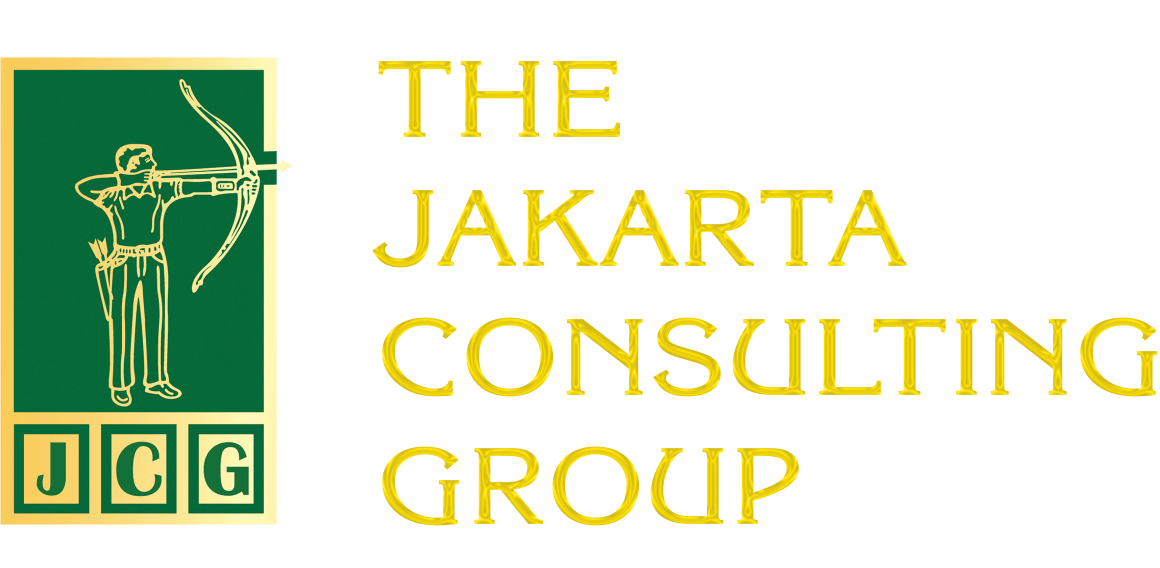Non-linear Career Development: An Alternative. This is the story of David Michael Solomon, the CEO of Goldman Sachs since 2018. Prior to assuming the role of CEO, Solomon served as president and chief operating officer (CFO) from January 2017 to September 2018, and served as co-head of the investment banking division from July 2006 to December 2016. Solomon officially succeeded Lloyd Blankfein, the previous CEO, on October 1, 2018, and was named chairman upon Blankfein’s retirement.
In terms of his career in banking and investment, there is really nothing special about Solomon. Before joining Goldman Sachs, he joined other companies. This is also common.
Non-linear Career Development: An Alternative
What is unusual is that he is also a disc-Jockey (DJ), using the name DJ D-Sol. He produces electronic dance music (EDM). In June 2018, he released a cover of Fleetwood Mac’s “Don’t Stop.” The song was originally played on BPM: Sirius XM’s Electronic Dance Music Hits the previous January. “Don’t Stop” is listed in the 263,361-person Spotify playlist ”Happy Summer Beats.” Her Spotify profile has 550,000 monthly listeners, with her debut single garnering 8 million listeners. Shortly after the release of her debut, Solomon opened a SoundCloud account where she uploaded extended music sets and concert performances. Her latest release, “Someone Like You” peaked at #4 on the Billboard Dance Club Chart in November 2020.
What Solomon did, making a career out of completely different fields (finance and entertainment), is common among today’s career hunters. The concept of career development has undergone a significant transformation. Instead of simply following a conventional career path, individuals now have the freedom to explore different opportunities and build a career that is more flexible and suited to their interests. Non-linear career development offers a more dynamic approach to achieving professional growth.
In Indonesia, Raffi Ahmad entered the world of government as the Presidential Special Envoy for Development of Young Generation and Art Workers in the Prabowo Subianto Administration. He joined after having tremendous success in the world of business and entertainment. In addition, many artists have also entered politics by becoming legislative or executive members. Prabowo himself, before becoming a politician and official, dabbled in politics and business.
This phenomenon isn’t limited to Indonesia. In the U.S., Ronald Reagan was a Hollywood actor before becoming president. And who doesn’t know Arnold Schwarzenegger? He was a bodybuilding and acting icon before serving as California’s governor.
The above examples can be multiplied, from various professions, industries, and sectors. The point is that more and more people are making non-linear careers.
Non-linear career development is the development of a career path that does not follow a hierarchical and tiered structure of promotion or position progression. In this approach, a person can move from one function to another, even from one industry to another, develop different skills, or move from one specialization to another. Non-linear career development makes one more flexible. People can move not only upwards, but also sideways, downwards, and even back to their original position if they wish (e.g. a former official who returns to his old profession, such as a teacher or entrepreneur).
The following are some examples of non-linear careers. First, changing job functions, for example from finance to marketing, or from information technology to operations. Second, switching industries, for example from food and beverage to chemistry. Or from entertainment to politics and government like the examples above. Third, lateral development. The employee takes on new responsibilities in a different division, but does not move up. Note that non-linear careers have nothing to do with organizational moves. So, people can experience non-linear career progression in more than one organization.
Why is a non-linear career crucial?
In the fast-paced era of digital technology, job demands are constantly changing. In order to adapt. Unconventional career development is crucial. There are several reasons. Today’s jobs require not only technical skills, but also communication, collaboration, problem-solving and creativity skills. With non-linear career development, one can develop a variety of skills from different disciplines that are equally important. This is beneficial to anticipate future developments.
The next reason is related to the loss of various jobs due to technological changes. Armed with extensive experience in various functions or industries, individuals can more easily adjust to the times. As such, they can be more resilient in their careers.
Non-linear careers allow individuals to explore their interests and passions. This makes work feel more meaningful and motivating. People who have the opportunity to learn and grow are more satisfied with their jobs.
Experience, knowledge and skills gained from different industries and functions give a person a new perspective. Innovative ideas emerge and develop. This is certainly beneficial for the progress of the organization.
Benefits and Challenges
Non-linear career development is beneficial for individuals. Non-linear careers expand knowledge and skills. This is because each job, responsibility and role requires unique competencies. For example, moving from marketing to HR allows one to better understand the needs of internal customers, which can be used for employee engagement strategies. The next benefit is networking and expanding relationships. These networks and relationships are very useful for future career development. For those who aspire to be leaders, a non-linear career gives one a more holistic view. When the time comes, they can become leaders who are able to think strategically, empathize, and carry out their duties effectively. Another benefit is that individuals are better prepared to face challenges because they have been able to adjust more easily.
However, it is not easy to develop a non-linear career. There are a number of challenges that must be overcome. People who pursue non-linear careers are often seen as jumpers, and their commitment and loyalty are questioned. To overcome this, people need to be able to communicate their career goals clearly and work towards them consistently. The next challenge is adjusting to a new workplace, division, industry and/or culture. Of course, this requires patience and perseverance. Another challenge is the individual’s commitment to continue learning in order to carry out their new duties and roles.
Recipe for Non-linear Career Success
To be successful in a non-linear career, one must have versatile skills, long-term goals, a strong personal brand, reliable mentors, the ability to see and capitalize on opportunities, and the courage to step out of the comfort zone.
Communication, problem-solving, negotiation, leadership, and timing are examples of versatile skills. This means that they are useful no matter what industry, job title, and profession one is in. A non-linear career seeker should develop such skills to ease career transitions.
There is nothing wrong with changing roles, workplaces and industries. However, a non-linear career seeker should keep a long-term goal in mind. As such, all efforts will be directed towards achieving this goal.
Apersonal brand is the image or perception one wants to build about oneself in the eyes of others. It encompasses the way a person presents their skills, values and personality, both professionally and personally, to create a desired impression or reputation.
In pursuing a non-linear career, individuals can enlist the help of a reliable mentor. Especially in recognizing the risks, challenges, opportunities, and what comes with each stage.
Today, many organizations have internal mobility policies. Take advantage of this opportunity to learn about different fields. Of course, employees don’t have to change jobs.
There is a saying that great things never come from comfort zones. This also applies if one is interested in a non-linear career. Take on a new job or role even if you are not (or not yet) very good at it. It will provide invaluable experience.
Non-linear Career Development: An Alternative
Category: Human Capital & Talent Management
#non-linear career #david Michael Solomon #goldman sachs #DJ D-Sol #raffi ahmad #prabowo subianto #ronald Reagan #Arnold Schwarzenegger #skills #technology #passion #competence #networking #leadership #jumper #personal brand











